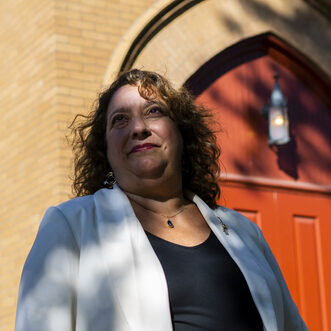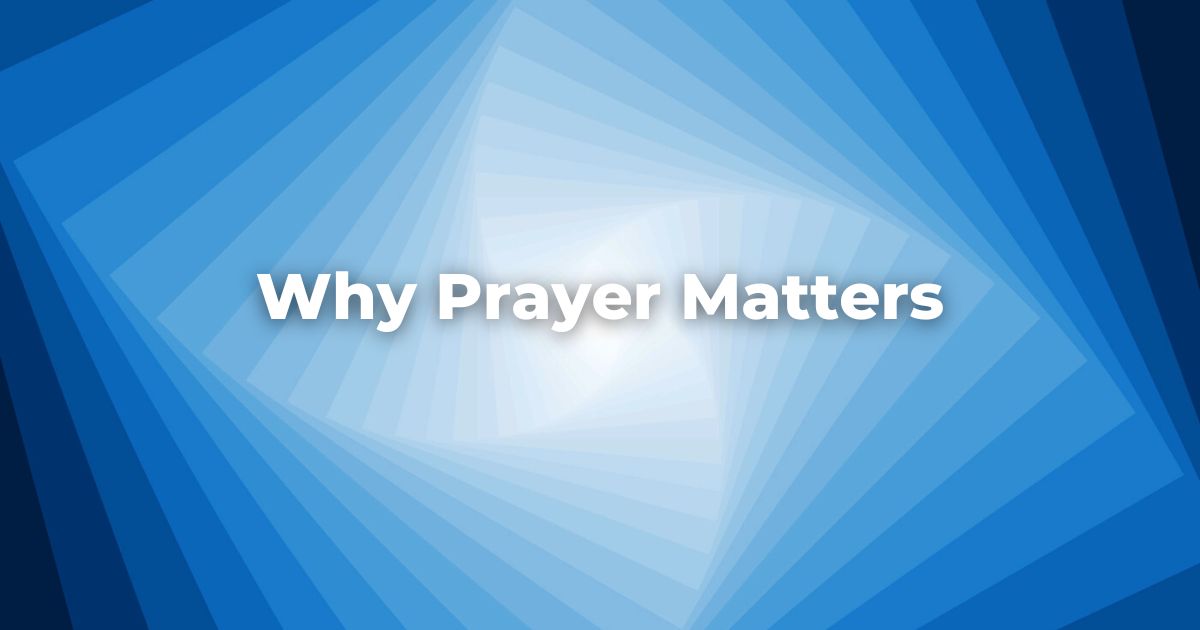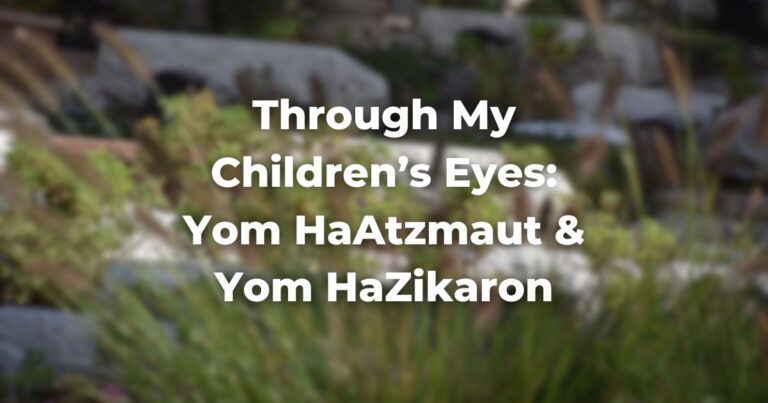Introduction to Prayer—Service of the Heart
The obligation to engage in daily prayer is one of Scripture’s less well-defined commandments. In its rabbinic guise, it became a mitzvah to pray, using pre-selected texts—three times a day most days of the year and even more on certain special days.
But prayer is not just focused-talking.
The TalmudReferring to one of two collections, the Jerusalem and Babylonian Talmuds, edited in the 6th century, that contains hundreds of years of commentary, discussion, and exploration of the ideas in the Mishnah. One could describe it as Mishnah + Gemara = Talmud Read more, at BT Taanit 2a, describes prayer as the “service of the heart,” not merely because it is an example of exalted speech, but because tradition understands prayer to be as introspective as it is communicative.
Prayer is Various
Tefillah, Jewish prayer, is more than the sum of its parts and encompasses far more than the obligation to recite certain specific daily prayers.
Jewish prayer incorporates b’rakhot, blessings, designed to sanctify. This act grants a deep spiritual dimension, to experiences as diverse as eating a peach, hearing a clap of thunder, and seeing a head of state.
But tefillah also incorporates spontaneous prayer—words we say when we find ourselves in moments of ill ease, worrisome need, or sublime gratitude.
We pray as Jews to feel connected to our common history, to feel attached to Jews throughout the world, and to solidify our sense of belonging to our own communities.
We pray as a people eager to communicate with God in the context of an ongoing covenantal relationship, but we also pray as individuals intent on establishing a personal relationship with God.
The Goals and Functions of Prayer
Tefillah, the Hebrew word for prayer, comes from a three-letter root that expands in other contexts to yield a range of words mostly related to the concept of judgment.
From this we learn that when we pray we stand before God—and before ourselves—in judgment.
Tefillah, however, is not a final verdict. It is more of a stopping-off point on the long journey toward deciding who we are and how we are living our lives.
Tefillah is a God-given moment to measure the lives we are living today. If that measure comes up short, we can use the inspiration of the presence of God to envisage the lives we wish to be living tomorrow.
Tefillah is our “time out,” an opportunity that comes three times a day to breathe, take stock, and evaluate who and where we are.
As we anchor our awareness of these moments in life itself, we develop a greater capacity to recognize the extraordinary within our ordinary lives, and we gain the concomitant ability to sanctify those lives as well.
Adapted with permission from The Observant Life.
Authors
-

Rabbi Dr. Karen G Reiss Medwed, is Teaching Professor emerita at Northeastern University. She serves as Interim Vice Provost, Academic Affairs and Initiatives for HUC-JIR. Dr. Reiss Medwed's scholarship includes digital education, higher education leadership, and faith-based education. Dr. Reiss Medwed was ordained by JTS in 1995, and earned her Ph.D. from New York University's Steinhardt School of Education in Curriculum, Teaching and Learning with a specialization in Jewish education in 2005.
View all posts -

The Observant Life: The Wisdom of Conservative Judaism for Contemporary Jews distills a century of thoughtful inquiry into the most profound of all Jewish questions: how to suffuse life with timeless values, how to remain loyal to the covenant that binds the Jewish people and the God of Israel, and how to embrace the law while retaining an abiding sense of fidelity to one’s own moral path in life.
Written in a multiplicity of voices inspired by a common vision, the authors of The Observant Life explain what it means in the ultimate sense to live a Jewish life, and to live it honestly, morally, and purposefully. The work is a comprehensive guide to life in the 21st Century. Chapters on Jewish rituals including prayer, holiday, life cycle events and Jewish ethics such as citizenship, slander, taxes, wills, the courts, the work place and so much more.
View all posts




